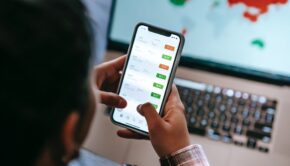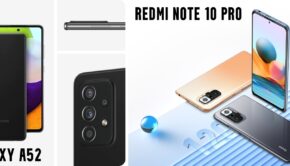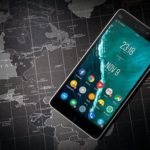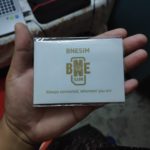5 Ways To Use Your Smartphone To Support You Through Menopause
Menopause refers to the time during a person’s life when they go through hormonal changes. Symptoms, including hot flashes, irregular periods, vaginal dryness, chills, and insomnia, begin during perimenopause. A person has transitioned from perimenopause all the way to post-menopause once they’ve gone 12 months without having a menstrual cycle.
Over one million women in the United States begin perimenopause each year. Monitoring symptoms can make it easier to anticipate hormonal issues, mood swings, and other issues common during perimenopause and menopause. Thanks to smartphone technology, your smartphone is a vital tool to help you navigate menopause.
1. Use a menopause tracking app.
Although there are several period tracking apps you can download on your smartphone, MenoLab’s menopause app supports women going through perimenopause and menopause. This app draws on insights from female designers and medical professionals who understand women’s needs and concerns during perimenopause and menopause. Users can track over 40 symptoms of menopause, including allergies, dry skin, body odor, fatigue, breast pain, and joint pain. The app provides information about what causes symptoms and how to prevent them or reduce their severity. You can use your tracking information to identify triggers that cause symptoms. You can also use the app to monitor your weight and identify factors contributing to weight gain. The app is easy to download onto your smartphone and allows you to log in and update your information quickly. You can also connect with the community of women who use the app, ask questions, and get support from other individuals going through menopause.
2. Access your medical files and test results.

Diagnostic medical sonographers, also known as ultrasound technicians, are experts who use sonograms or ultrasounds to capture images of your organs. Nurse practitioners, physician assistants, doctors, and specialists order ultrasounds to evaluate patients and diagnose their condition.
Your primary care provider may order an ultrasound if you’re experiencing unexplained vaginal bleeding or pelvic pain. Ultrasounds can be used to determine if fibroids or cysts are affecting your organs. Ultrasound technicians may opt to use a wireless ultrasound to capture images of your fallopian tubes, ovaries, uterus, and vagina. Wireless ultrasound devices are accessible and affordable, making it possible to obtain medical tests in clinics and medical offices instead of traveling to hospitals or larger testing centers. Images are uploaded to Android and iOS phones, ensuring that results can instantly be transmitted to your primary care provider.
Patients can download apps onto their smartphones that enable them to view their test results and medical records. Thanks to smartphone technology, patients can have all their medical information at their fingertips. This means women going through menopause don’t have to wait to make a doctor’s appointment to determine if an internal examination or ultrasound identified medical issues that need to be treated. This saves patients time and money because they don’t need to schedule unnecessary medical appointments if their test results are clear. It also reduces the risk of exposure to COVID-19 because it reduces the volume of patients in medical facilities.
3. Use your smartphone to research products and strategies you can use to manage your symptoms.
You can use your smartphone to learn about products you can use to manage menopause symptoms. For example, you may have noticed women in an online community discussing the benefits of CBN and want to learn more. You can use your smartphone to Google “what is CBN?” and research cannabinol (CBN) products. Cannabinol is a cannabinoid found in cannabis plants. Popular CBN products include tinctures, creams, capsules, and gummies. Some people find using CBN or CBD products alleviates their anxiety and makes it easier for them to sleep at night.
You may be concerned about the legality of buying and using CBD products. This is because cannabinoids are associated with marijuana. Cannabis plants include both marijuana and hemp plants. The primary distinction between these plants is the level of tetrahydrocannabinol (THC) in the plants. Commercial CBD or CBN, despite being derived from hemp plants, has no more than 0.3 percent THC, while marijuana plants contain more than 0.3 percent THC. CBD products made from hemp plants are legal in all 50 states, thanks to the December 20, 2018, Agriculture Improvement Act. State laws regulate CBD products made from marijuana plants. You can use your smartphone to locate information about your state’s laws to determine if you can legally buy and use CBD products made from marijuana plants in your state. Of course, you should always discuss taking CBN or CBD with a clinician before you use it for the first time.
4. Access inspirational materials.
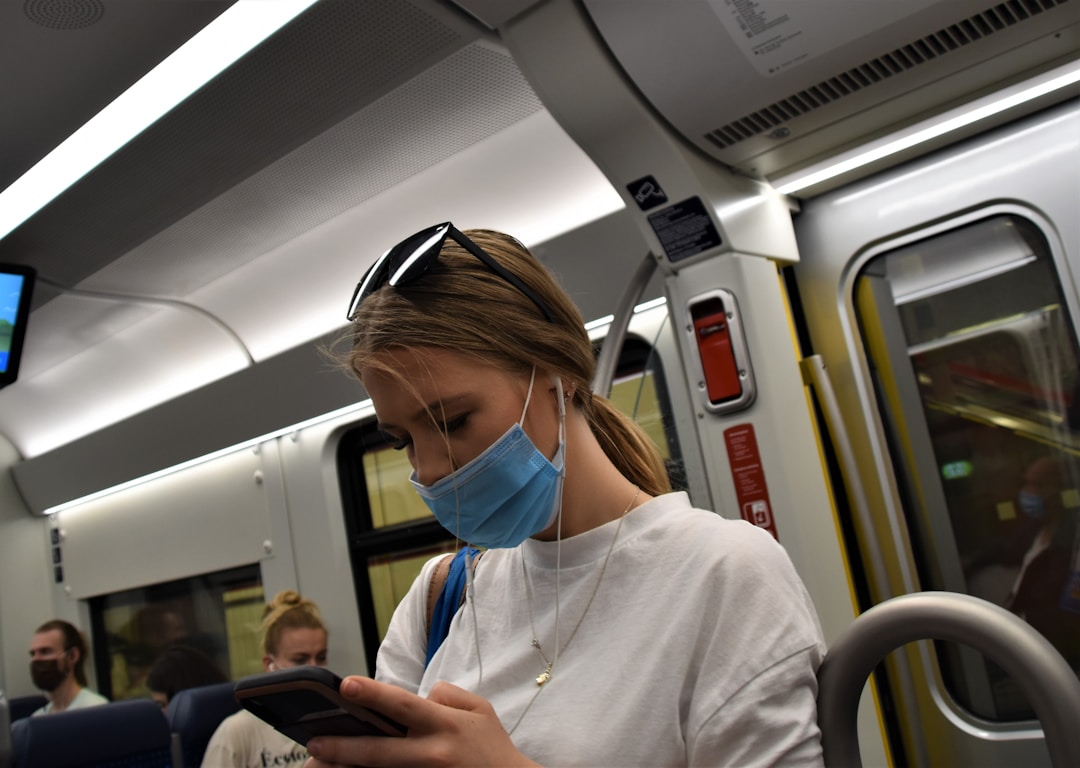
Thanks to your smartphone, you can have inspiration at your fingertips. Use your phone to order worship books and other inspirational writings from Abingdon Press and other reputable publishers. Whether you’re looking for worship music to listen to or daily devotionals to help you navigate this period in your life, your smartphone makes it easy to locate and buy the items you need.
You can also download an e-reader app and read books on your smartphone. If you’re struggling with fatigue and can’t go to the store, you can order new books by pressing a few buttons on your smartphone without even leaving your home. Your smartphone makes it convenient for you to access support materials that may distract you from your symptoms or provide valuable information you can use to manage your condition.
5. Make medical appointments.

You may need to see your primary care provider more often during menopause, particularly if you’re experiencing unusual symptoms or having symptoms that interfere with your ability to work or perform regular tasks. You may also be struggling with depression or anxiety and want to talk to a psychiatrist who can help address your emotional health issues.
New app and website options make it easier than ever to find medical professionals. Whether you’re looking for a new primary care provider or want to book an appointment with Dr. Ned Hallowell, ADHD expert, you can use your smartphone to access online booking apps or call their medical office. Many medical offices use text reminders to confirm medical appointments and enable patients to confirm or cancel their appointment with the press of a button. Thanks to your smartphone, you never need to worry about menopausal memory lapses causing you to forget an appointment.
Most women experience menopause when they’re between 45 and 50 years of age. Women in this stage of life may be affected by multiple symptoms, including fatigue, dry eyes, hot flashes, night sweats, and insomnia. Technology makes it easier than ever for women to receive support because they can monitor their symptoms with tracking apps, access medical files, research products, order inspirational materials, and make medical appointments with clinicians by using their smartphones.



